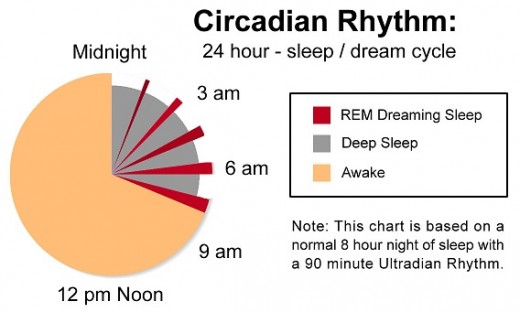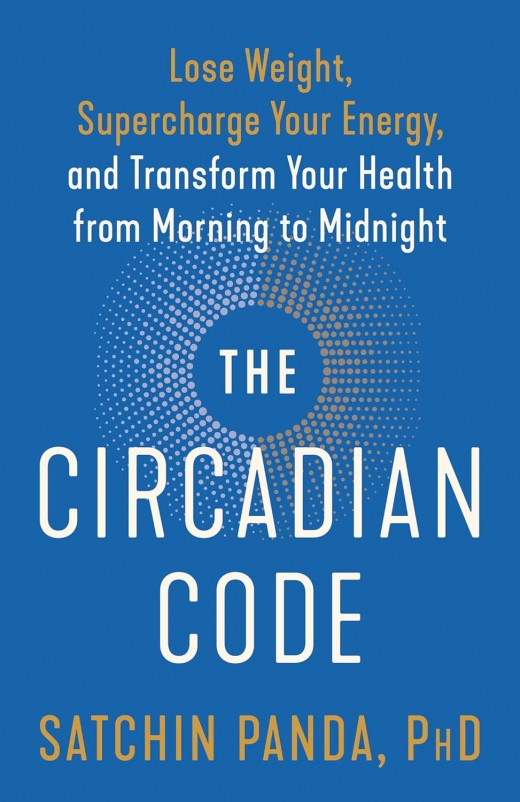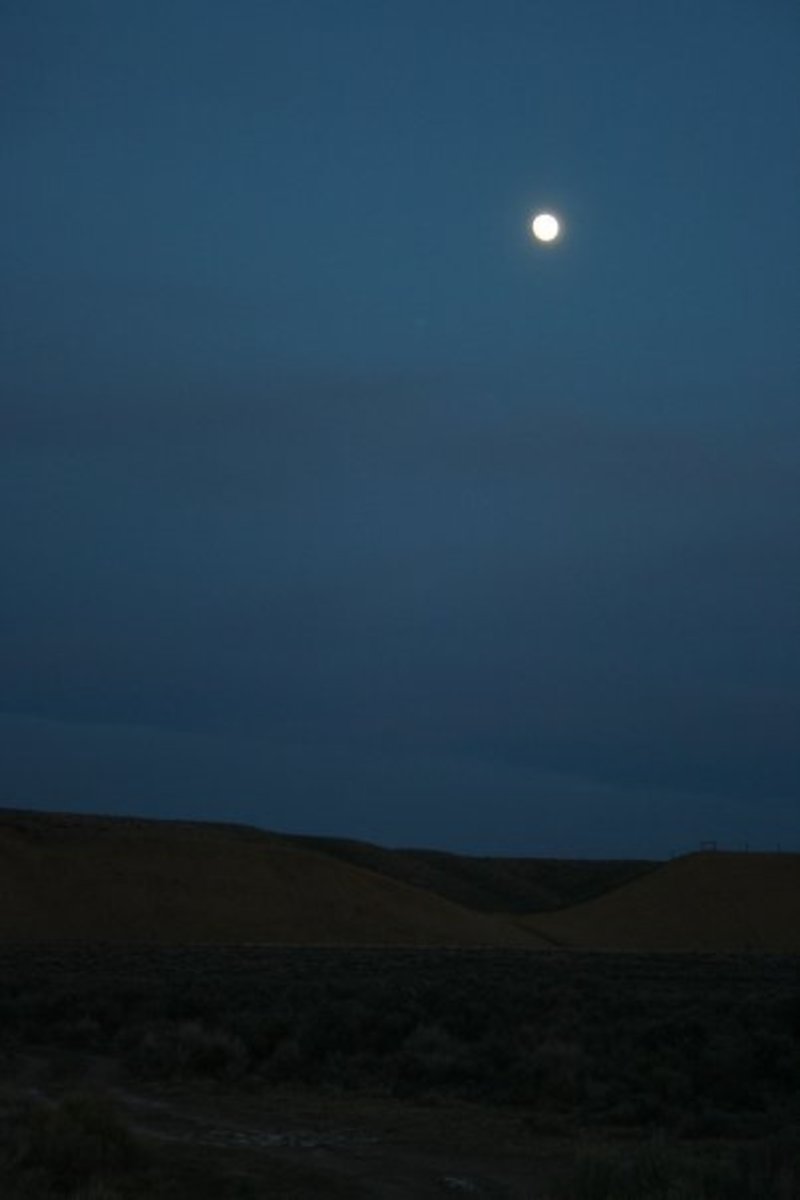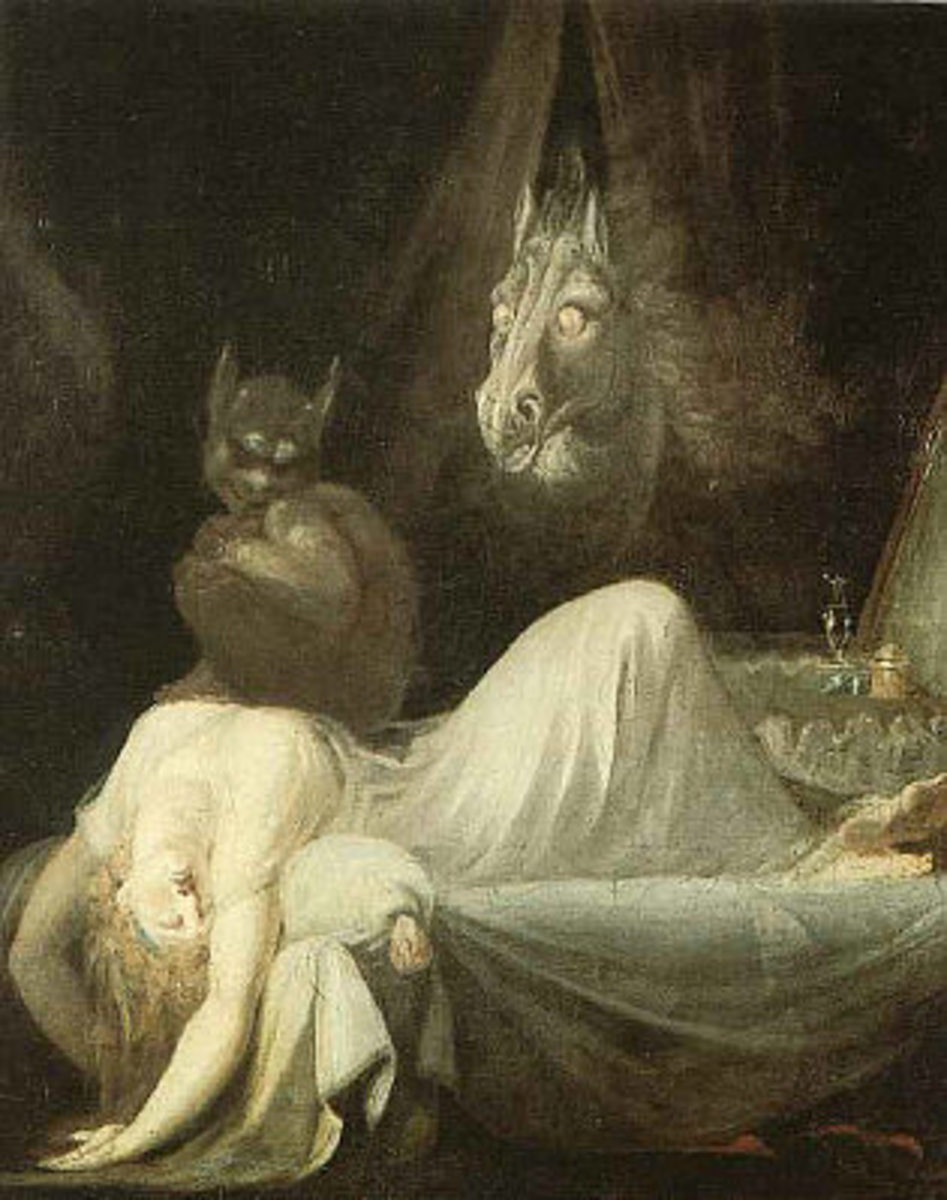The Unhealthy Effects of Reversing Circadian Rhythm
The circadian rhythm is a natural, internal process that regulates the sleep-wake cycle and repeats roughly every 24 hours. It is influenced by environmental cues such as light and darkness, and it helps regulate various physiological processes, including hormone production, body temperature, and metabolism.
The circadian rhythm plays a crucial role in determining when we feel alert and when we feel sleepy, helping to maintain a consistent pattern of wakefulness and sleepiness throughout the day and night.
Altering our typical sleep schedule to an irregular pattern can pose numerous health risks. The human body naturally operates on a diurnal rhythm, functioning during the day and resting at night. However, working night shifts disrupts this circadian rhythm, forcing our bodies to operate out of sync with their natural patterns.

- Amazon.com: Natures Bounty Stress Support Melatonin by Sleep3, 10mg
Quick release melatonin helps you fall asleep faster, while time release melatonin helps you stay asleep longer by working with your body’s natural sleep cycle.
After graduating college, I began working night shifts, and I must admit it's far from an enjoyable schedule. While others were winding down for a good night's sleep, I found myself gearing up for a long night of work.
Initially employed as a Customer Service Associate in the BPO Industry, commonly referred to as a Call Center, I later transitioned to a back-office account support role within the same field. With most of our clients based in the US, we were required to align our schedules with their time zones. My graveyard shift typically spanned from 10 PM to 7 AM every day, with rotating day-offs determined by the schedule. At times, I found myself working seven consecutive nights a week.
The initial weeks were exciting, marking my first job post-graduation. However, over time, I began noticing a decline in my health. I experienced weight loss and struggled to maintain focus.
Working through the night and sleeping during the day is inherently disruptive to our body's natural rhythms, leading to adverse effects on health and well-being.

After conducting research on the effects of my work schedule, I discovered the existence of a natural cycle within our bodies, often referred to as the "Circadian Rhythm" – an internal clock dictating when we should sleep and wake up. It's widely believed that our bodies are naturally programmed to function during the day and rest at night. Therefore, when we engage in night shifts, we essentially disrupt this innate rhythm.
This disruption can lead to the development of sleep disorders characterized by insomnia and excessive sleepiness, which in turn can contribute to various negative effects such as depression, anxiety, increased fatigue, difficulty concentrating, mood swings, and loss of appetite.
Mental and Physical Health
When the "Circadian Rhythm" is disrupted, it can have detrimental effects on both our mental and physical well-being. Insufficient sleep weakens our immune system, leaving it more susceptible to infections. Personally, I experienced heightened fatigue and mild depression as a result of this altered schedule.
By my first year working night shifts, I found it increasingly difficult to maintain concentration at work and in my surroundings. I also became more irritable, easily losing my temper over minor frustrations.
Prone to sickness
I frequently encounter dizziness and nausea upon waking up around 8 PM after sleeping from 10 AM to 1 PM. Additionally, I consistently experience mild fevers or cold symptoms accompanied by chills for an extended period, which I attribute to the workplace environment. I am unaccustomed to prolonged exposure to cold temperatures.
Loss of appetite, eating & sleeping disorder
This issue arises when individuals neglect to maintain a healthy diet. The traditional three meals a day, featuring ample servings of fruits and vegetables, have been replaced by the convenience of fast-food chains and 24/7 convenience stores.
Cup noodles, coffee, and sugary energy drinks have become staples in many diets. I used to rely on the offerings of these chain stores, often finding myself lacking an appetite for breakfast after work. Instead, I would simply lie down and sleep until 8 PM. Consequently, I would skip lunch and again avoid dinner to prevent being late. Upon waking up, it often felt as though I had not slept at all.
This pattern persisted throughout the week, making it difficult to enjoy my days off as I had developed an excessive sleeping habit, spending all my free time asleep.
Nevertheless, the necessity for individuals to work during nighttime cannot be overlooked. Essential services such as hospitals, fire departments, police stations, BPO industries, and production facilities rely on graveyard shifts to function effectively.
After completing my first year on the graveyard shift and recognizing the need to sustain the lifestyle I've embarked upon, I've made some minor adjustments to my habits:
- Prioritizing rest during non-working hours, although I admit to occasionally regretting this choice as it limits my ability to enjoy simple pleasures like shopping, visiting beaches, or traveling; instead, I often find myself simply wanting to lie down and sleep.
- Resisting the temptation to consume caffeinated beverages such as coffee or energy drinks.
- Installing darker shades and curtains in my room and using earplugs to block out light and noise, aiding in achieving better sleep.
- Bringing nutritious snacks or healthy meals to work, such as fresh fruits and vegetables, and opting for water instead of caffeinated drinks (although I do admit to occasionally deviating from this practice when the mood strikes).
- Seizing every opportunity to incorporate exercise into my routine, such as walking from work to my boarding house, although this occurs only about twice a week.

Leaving the dark side
I decided to leave behind the nocturnal lifestyle I had been living after I experienced severe fevers and chills. Despite the heat outside, I found myself unable to leave my bed due to the extreme cold in my windowless room. The isolation only compounded the pain as I struggled to recover, feeling utterly alone in a place far from home.
Perhaps I'm simply finding it challenging to adapt to this work schedule, my body too weak to adjust to the demands of the "Circadian Rhythm." I express gratitude to all those who sacrifice their well-being and personal lives by working night shifts to support their families and serve others.
This content is accurate and true to the best of the author’s knowledge and is not meant to substitute for formal and individualized advice from a qualified professional.







